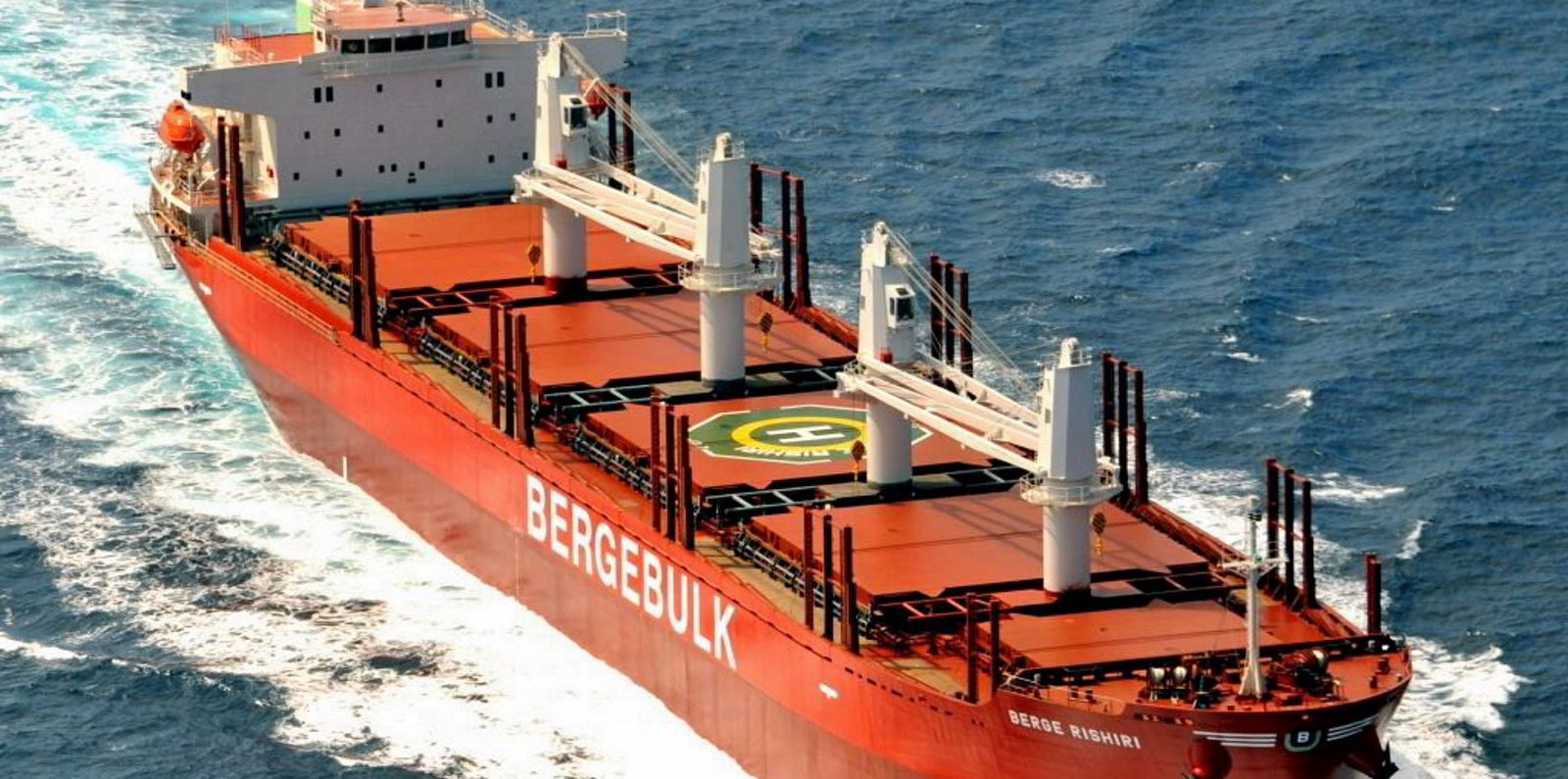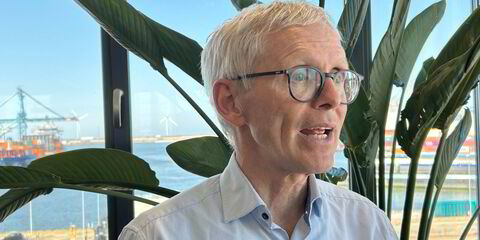Shipping needs to do more to protect seafarers and port workers from accidents in enclosed spaces on vessels, according to the UK’s marine investigation agency.
The Marine Accident Investigation Branch is investigating the deaths of three stevedores in a cargo hold on the 181,200-dwt Berge Mawson (built 2015) in June last year.
The men died while the Berge Mawson, owned by Singapore’s Berge Bulk, was loading coal at Indonesia’s Bunyu Anchorage.
The incident is the latest case of multiple deaths when rescuers try to help stricken colleagues, said the agency.
Seafarer groups are pushing for better procedures to bring down the annual toll of 200 deaths and injuries inside enclosed spaces.
“The deaths of three stevedores on board the Isle of Man-registered bulk carrier Berge Mawson … was a stark reminder that the industry still has much work to do to mitigate the hazards posed by noxious atmospheres,” said Captain Andrew Moll, chief inspector of marine accidents.
“The human drive to assist someone in danger is powerful, which is why so often a second person succumbs to the noxious atmosphere before realisation dawns, access is controlled and a properly equipped rescue starts.”
The UK is investigating on behalf of the flag state. The investigation report is yet to be published, but Moll said it was not the first time in recent years that stevedores had been caught out in a similar way. The inquiry into the Berge Mawson deaths is likely to assess who was included in briefings and who took control of the operation.
“The safety lessons of ensuring that comprehensive safety briefs are conducted before working cargo, and that ship’s crews take full ownership of access control, bear repeating here,” said Moll in the organisation’s annual report.
A group of organisations including InterManager, the International Transport Workers’ Federation and Intertanko are pushing for improved practices by ship operators, regulators and others to provide a more consistent and comprehensive approach to managing risks in enclosed spaces on board, such as cargo spaces, fuel and ballast tanks, cargo pump rooms, boilers and sewage tanks.
In addition to dangerous gases, the group said dangers are often compounded by working in heat, from height, trip hazards, slippery surfaces and low levels of lighting.
“The dangers of enclosed spaces are often underestimated, leading to numerous accidents and fatalities…” the group said in a submission to the International Maritime Organization.
“It is clear from accident statistics that the current procedure-based approach does not create sufficient defence against hazards developing into accidents and contributing to the current unacceptable loss of life.”(Copyright)




